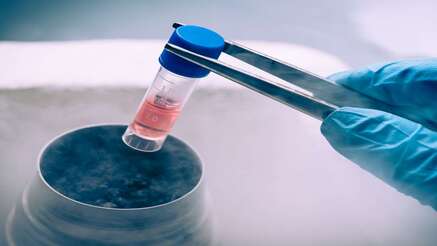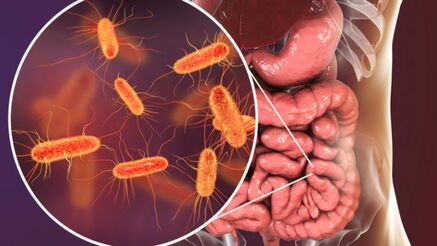Companies in the United States that had been selling products derived from umbilical cord blood — usually involving stem cells — without approval from the Food and Drug Administration (FDA) have now received urgent warnings from the agency. The FDA have issued warnings to several companies that had been selling medical products derived from umbilical cord blood. Umbilical cord blood is a great source of stem cells. These are unspecialized cells that have the ability to transform into virtually any type of cell. For this reason, stem cell therapy is becoming increasingly sought after for the treatment of all sorts of conditions and physical injuries. This is despite the fact that research into this form of therapy is still in its early stages in many ways. This is also why the FDA have issued detailed and strict regulations regarding which products derived from umbilical cord blood can receive approval to be sold to medical professionals and their patients, as well as under what conditions. Recently, however, the FDA identified several companies that were selling umbilical cord-derived products without their approval. What is more, many of these companies appeared not to have abided by the FDA guidelines when harvesting umbilical cord blood and preparing their products. This can put people using these products at very serious risk. The FDA have therefore issued warningsTrusted Source to each of these companies, asking them to immediately address the issues and to reply to the warnings, detailing the steps they intend to take in order to remedy these issues. Should the companies fail to respond appropriately, they may face seizures, injunctions, or even prosecution.
(Credits: www.medicalnewstoday.com)


